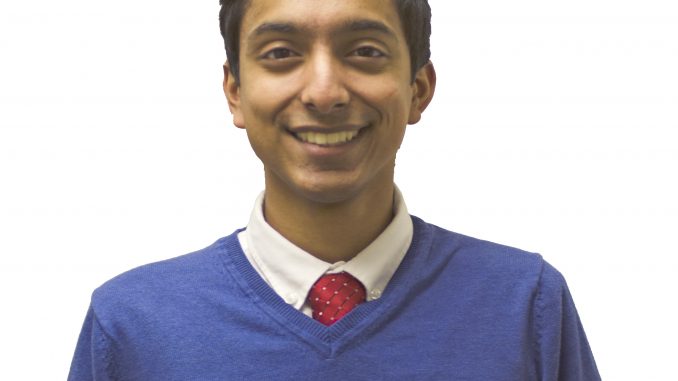
 Last fall, student-athletes broke the school record for the highest cumulative grade point average in any fall semester, earning a 3.10. This was also the 10th consecutive semester that Temple’s athletes recorded a cumulative GPA over a 3.00.
Last fall, student-athletes broke the school record for the highest cumulative grade point average in any fall semester, earning a 3.10. This was also the 10th consecutive semester that Temple’s athletes recorded a cumulative GPA over a 3.00.
This performance is impressive given that student-athletes have tight schedules — bouncing between classes and practice and completing homework can be stressful. But it’s imperative for athletes to perform well, both in their respective sports and within the classroom, so they can find careers in their chosen fields after graduation. The university and its athletic program have emphasized academics and should continue to do so.
“If you look at pro sports, like the NBA, the odds of getting drafted are not very good,” said Justin Miller, senior director of the Resnick Academic Support Center for Student-Athletes. “It’s about saying, ‘Eventually everyone’s career ends,’ no matter what sport, so it’s making sure that the student-athletes have a plan B and that they’re doing it the right way.”
The Resnick Center, established in Fall 2014, is an integral component of the athletic program’s success and preparation for life after college sports because it serves as an academic support system for student-athletes, offering one-on-one tutoring, exam preparation and homework help.
“We advise students from freshman year with major requirements, and this continues until they are juniors and seniors and [we] help develop career strategies,” Miller said. “We want to give student-athletes someone they can reach out to, get answers, assistance or anything else that they need.”
The fact that Temple dedicates an entire department to helping its athletes in the classroom shows a true commitment to education, which is necessary to further students’ success in their lives after collegiate athletics.

Sophomore basketball player Ernest Aflakpui said at first he was intimidated by what his schedule might look like with both his commitments to basketball and academics.
“When I came to college, I thought it would be impossible,” he said. “[Temple] has done a great job of making it easier.”
Aflakpui credits the Resnick Center with navigating the responsibilities so far.
NCAA athletes have various GPA requirements. After a student-athlete’s freshman year, he or she need to have at least a 1.8 GPA, Miller said. The NCAA GPA requirement becomes progressively higher each academic year as students advance in academic standing.
The cumulative GPA of Temple’s student-athletes has continued to surpass the NCAA minimum for the past five years.
“We do require [athletes] to do a certain amount of study hall hours their freshman years,” women’s gymnastics coach Umme-Salim Beasley said. “They also have access to tutors and in any core subject area as freshmen, they automatically get tutoring.”
In some cases, it may be difficult for athletes to prioritize academics over their respective sports, especially while dreams of playing as professionals can overtake their academic aspirations.
“If you play at this level, if you don’t think about [pro sports], you have to think again,” Aflakpui said.
“If we break it down to the individual student, and we make [a degree] something they feel is attainable, and they start building some success, they become engaged students,” Miller said.
This is a vital component of collegiate athletics because while many student-athletes dream of competing at the professional level, the rate of such success is incredibly low. An NCAA report in 2016 said about 1 percent of collegiate football and men’s basketball players play in the NFL and NBA.
Therefore, it is critical that student-athletes are aware of the importance of their education.
“I meet with the academic advisor on a weekly basis and every test, paper, project that they have, I always know,” Salim-Beasley said. “There’s never really a point in time in the year that I don’t know how they’re doing in the classroom.”
“They come to college to be students first,” she added.
If Temple hopes to continue its academic success among student-athletes, it must continue to prioritize academic assistance and supportive coaching staffs. After all, there is a life after sports for all of Temple’s student-athletes.
“After our four years, or however long we stay here, we’re really going to appreciate them for the rest of our lives because they’re putting us on track,” Aflakpui said.
Temple’s athletic department and its student-athletes deserve credit for the academic success of Fall 2016, and hopefully this success continues this spring.
Varun Sivakumar can be reached at varun.sivakumar@temple.edu or on Twitter @VarunSivakumar.


Be the first to comment